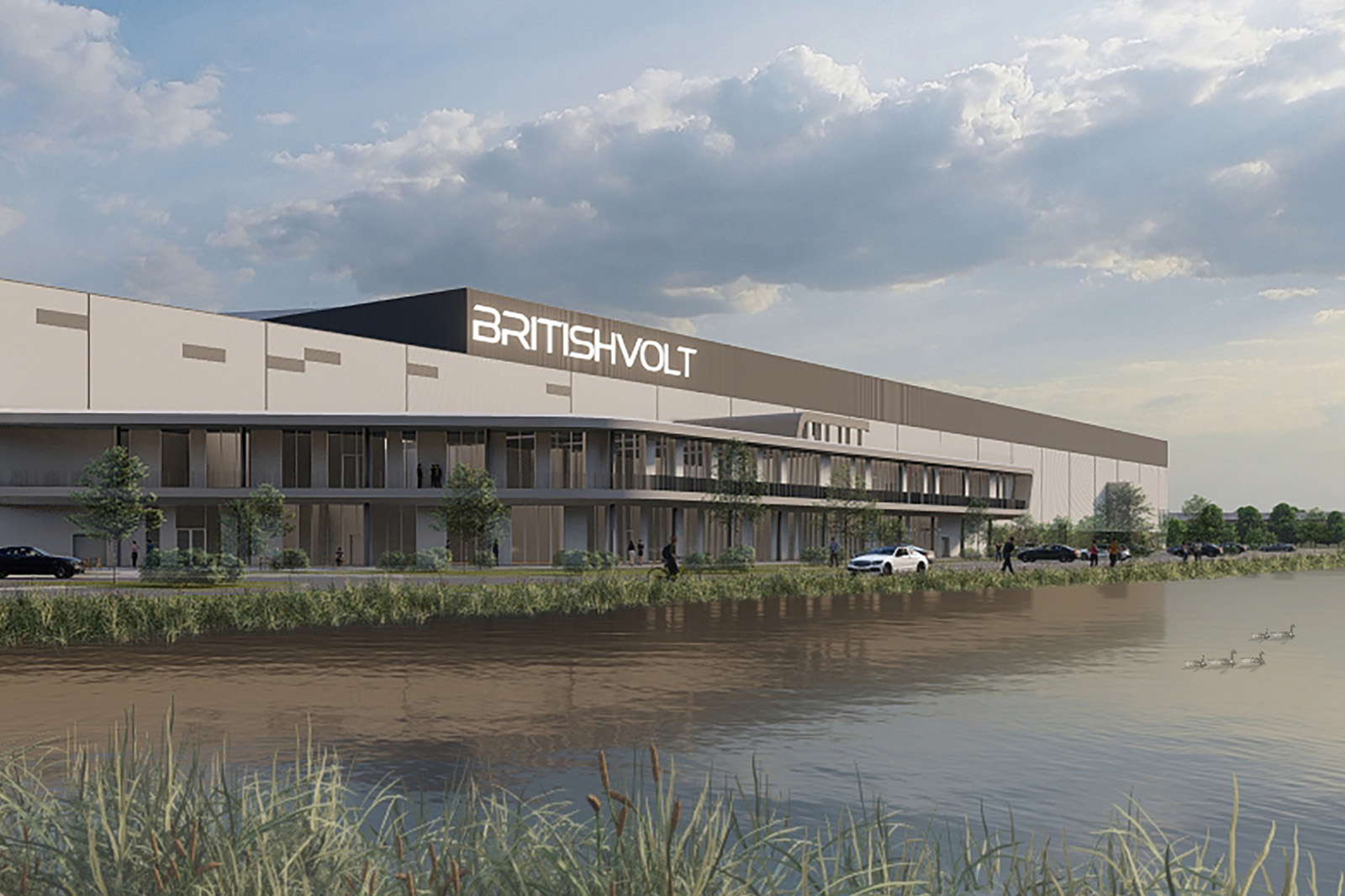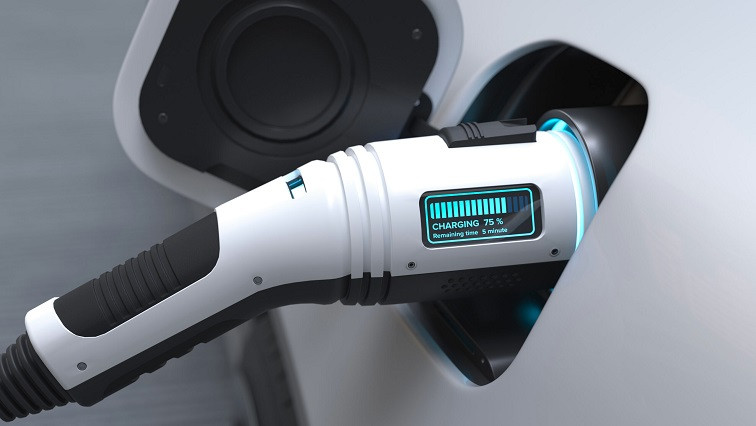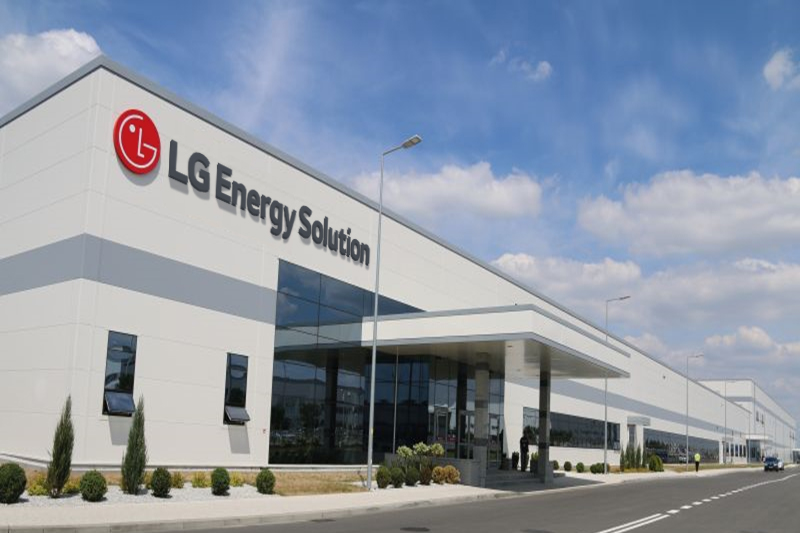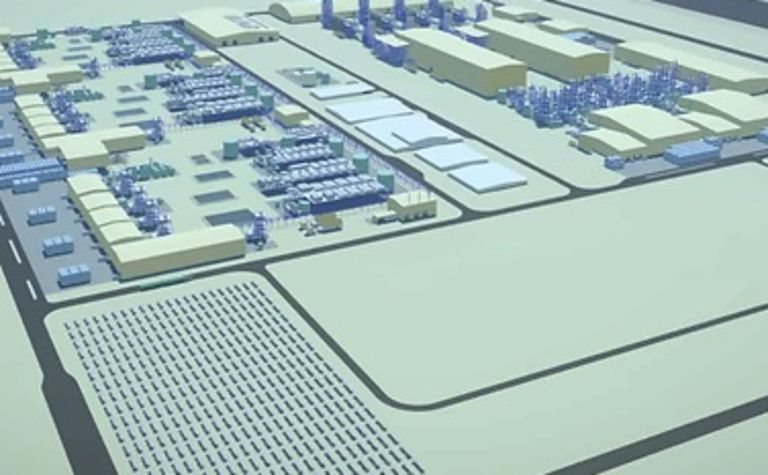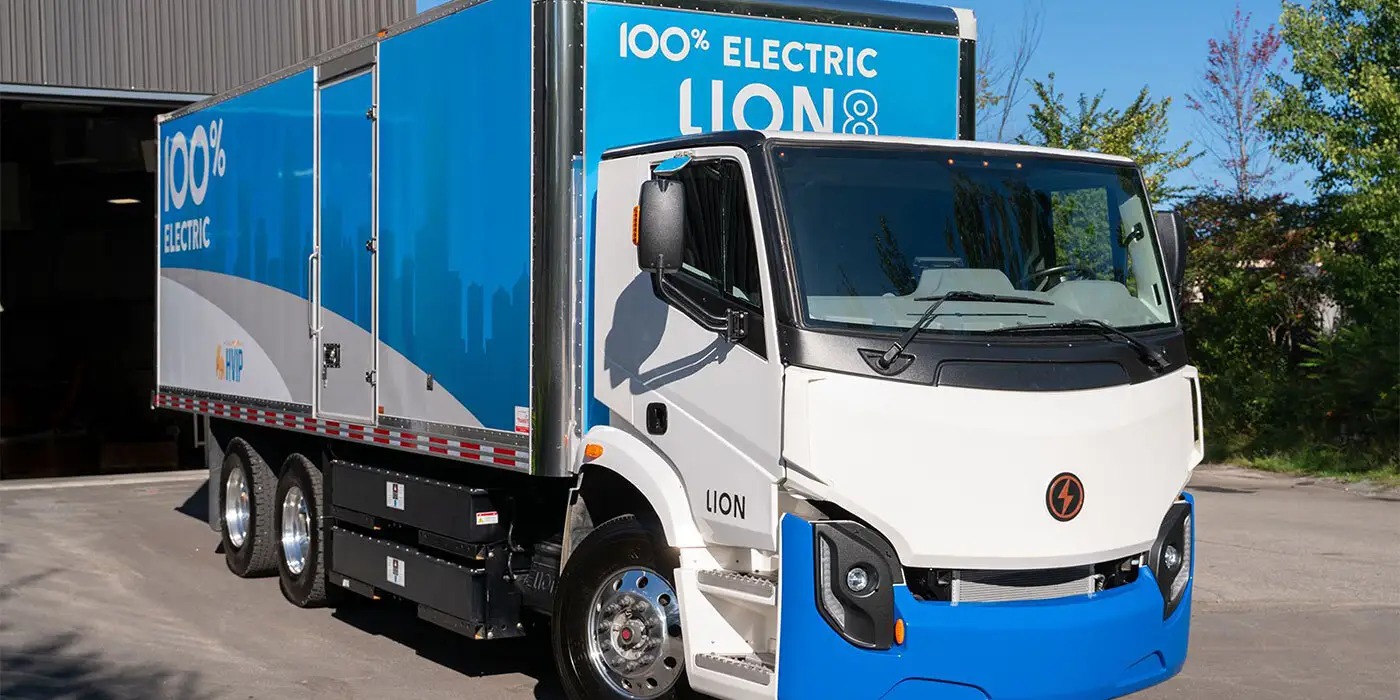UK battery startup Britishvolt, which aimed to become a major supplier of batteries for electric vehicles, has entered administration, raising concerns about the future of the automotive industry in the country.
The company was working on a $5.1 billion gigafactory in Northumberland, with plans to create 3,000 jobs and produce 30 gigawatt hours of batteries by 2030. The British government had also promised to invest £100 million ($123 million) into the company if it reached certain goals.
However, Britishvolt struggled to secure the funding and supply deals necessary for its long-term survival. Additionally, the challenges of Brexit, including increased costs and trade friction, have made it more difficult for companies like Britishvolt to succeed. Other battery manufacturers, such as Tesla, CATL, and LG Energy Solution, have chosen to establish sites in other parts of Europe.
See also: Britishvolt Files for Insolvency, Lays Off Most Employees Amid Failed Investment Talks
Tesla has established a facility in Berlin which will have the capacity to produce 100 GWh of cells per year, while China’s CATL has chosen Germany as the location for one of their battery plants. SK Innovation is constructing three battery production sites in Hungary, and LG Energy Solution has established a factory in Poland. In 2019, Tesla’s CEO Elon Musk stated that Brexit was the main reason behind the company’s decision not to build a battery facility in the United Kingdom.
“I would call it an unmitigated disaster for the auto industry in the UK,” former Aston Martin chief executive Andy Palmer said of Britishvolt’s collapse. “Ultimately, British car manufacturing will migrate to where the battery factories are, which is going to be in central Europe.”

